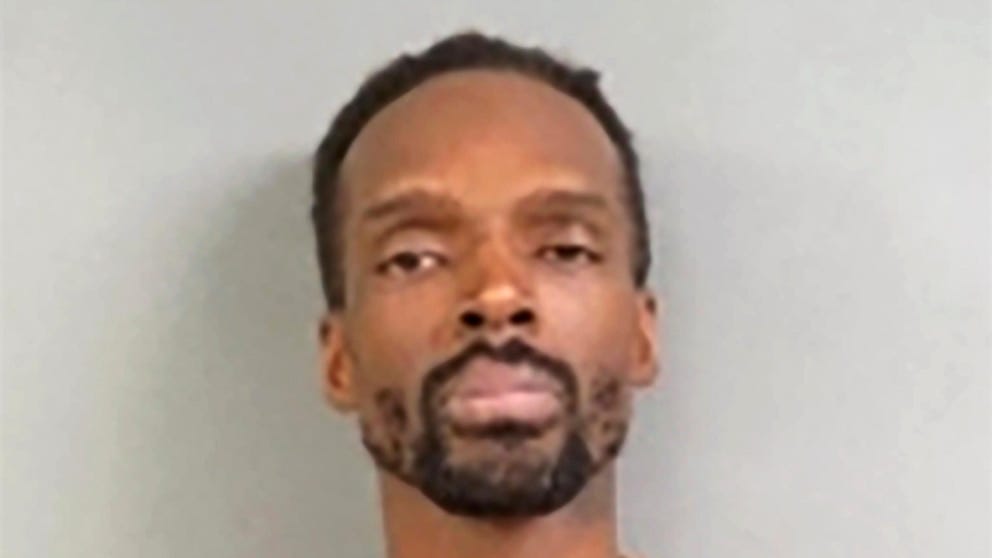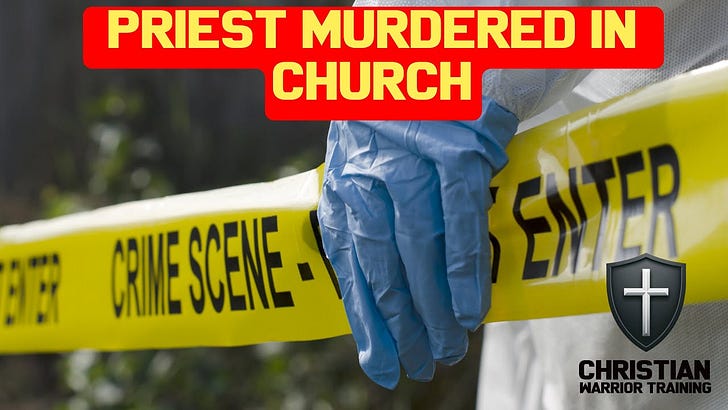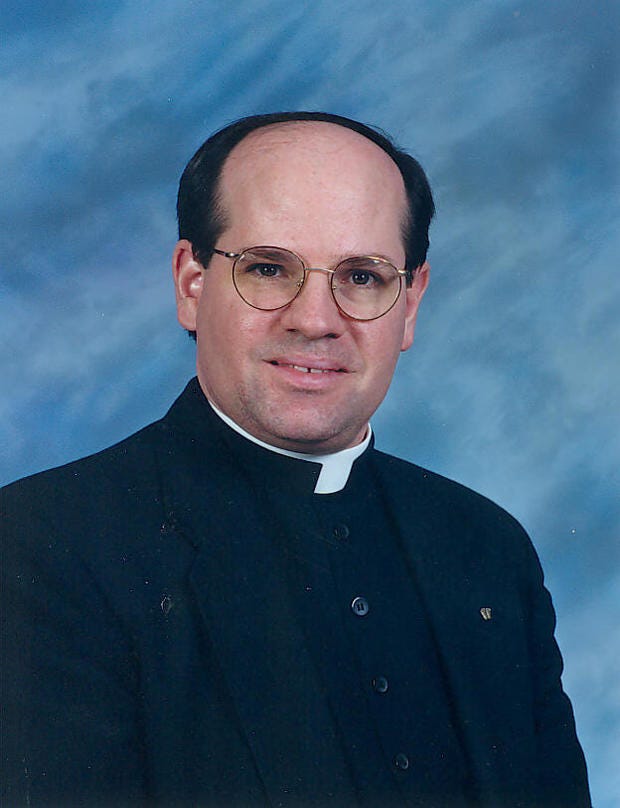Catholic Priest Murdered Yesterday Morning Before Mass
What Happened
Yesterday (Sunday) morning at 5 AM, the Washington County Sheriff’s Office received a 911 call from the Catholic Church in Fort Calhoun, Nebraska. When deputies arrived, they found that 65 year old Father Stephen Gutgsell had been stabbed in the church rectory. He was taken to the University of Nebraska Medical Center where he later died from his injuries.
Kierre Williams was there and was arrested for murder. I saw an initial report that said that Williams had broken into the rectory.

First and foremost, our prayers are with the community of Saint John the Baptist Parish. The loss of a spiritual leader is deeply felt in any community, and it's crucial to offer support and prayers during this difficult time.
What Can You Do To Prevent This Type of Tragedy at Your Church
This happened at 0500 hours when there is no security team on duty. With that said, there are several things you can do to strengthen your security while keeping the church and it’s members safe after hours.
Strengthening Access Control
Enhanced access control is vital. Ensuring that all entry points are secure, including the implementation of effective alarm systems, is essential. Consider reinforcing doors and windows. For instance, replacing standard screws in deadbolts and hinges with longer, more robust screws can significantly increase resistance against forced entry.
I’ve easily broken down over 500 doors working on SWAT and as a Narcotics Detective. Most screws in hinges and deadbolt striker plates are decorative and superficial. They only hold the plates and hinges to the molding. However, adding screws that anchor hinges and striker plates to the frame can delay forced entry enough for you to escape. Other measures can be taken, but that is a quick and easy step.
Forming a Trained Security Team
Establishing a well-trained security team is crucial. This team should be prepared to respond to various scenarios, including those outside regular service hours. Training in self-defense, emergency response, and conflict de-escalation is beneficial. For training resources, visit courses.christianwarriortraining.com.
Although this happened outside of normal duty hours for teams, it is still essential no matter the size of your church.
Effective Communication Protocols
Having robust communication systems in place is essential. This includes ensuring that church staff, including those in separate buildings like rectories, have reliable means of communication, such as working phones or radios, to call for help when needed.
Regular Security Audits
Conducting regular security audits helps identify potential vulnerabilities. Utilize available resources, such as the security checklist offered at courses.christianwarriortraining.com, to assess and enhance your church's security measures.
Reflecting on Response Times
Consider the response times of local law enforcement. In an emergency, even a few minutes can be critical. This underscores the importance of having an internal security response plan to protect the congregation until authorities arrive. I am in charge of training at 4 campuses across two counties. The response times of the various agencies range from 5 minutes to an unbelievable 9 minutes for one campus. That is a long time to wait for help when you are under attack by a violent person.
The Spiritual Responsibility of Protecting Church Leaders
In the wake of the Fort Calhoun incident, it's essential to reflect on the spiritual responsibility of protecting church leaders, as outlined in the Bible. This understanding not only guides us in practical measures but also roots our actions in scriptural principles.
Respect and Honor for Leaders: The Bible places significant emphasis on the respect and honor due to church leaders. In 1 Timothy 5:17-18, we are reminded to give double honor to those who lead well, especially in preaching and teaching. This honor includes not just verbal recognition but also ensuring their safety and well-being. Similarly, Hebrews 13:17 encourages believers to obey and submit to their leaders, acknowledging their hard work and dedication. Protecting our pastors is a tangible way of showing this respect and honor.
The Biblical Basis for Protecting Leaders: The need for vigilance and protection in leadership roles is exemplified in the book of Nehemiah (4:14-18), where Nehemiah leads the rebuilding of Jerusalem’s walls amidst opposition. This narrative illustrates the importance of both spiritual and physical protection for those in leadership. Additionally, in Acts 23:12-17, the early church's actions to safeguard Apostle Paul highlight the community's role in ensuring the safety of its leaders. These passages provide a clear biblical basis for actively protecting our church leaders.
Praying for Leaders: Prayer is a powerful tool for the protection of church leaders. 1 Timothy 2:1-2 urges us to pray for all people, including those in positions of authority, which extends to our pastors and church leaders. Such prayers contribute to a peaceful and godly environment, essential for effective ministry. Furthermore, in 2 Thessalonians 3:1-2, Paul’s request for prayers for his safety and the successful spread of the gospel underscores the need for continual prayer for our leaders' protection and guidance.
Vigilance and Preparedness
The tragic event at Fort Calhoun is a somber reminder of the need for vigilance and preparedness in church security. By implementing these measures, we can work towards ensuring the safety of our church communities. Your thoughts and experiences are valuable to us. Please share your insights or questions in the comments below.





